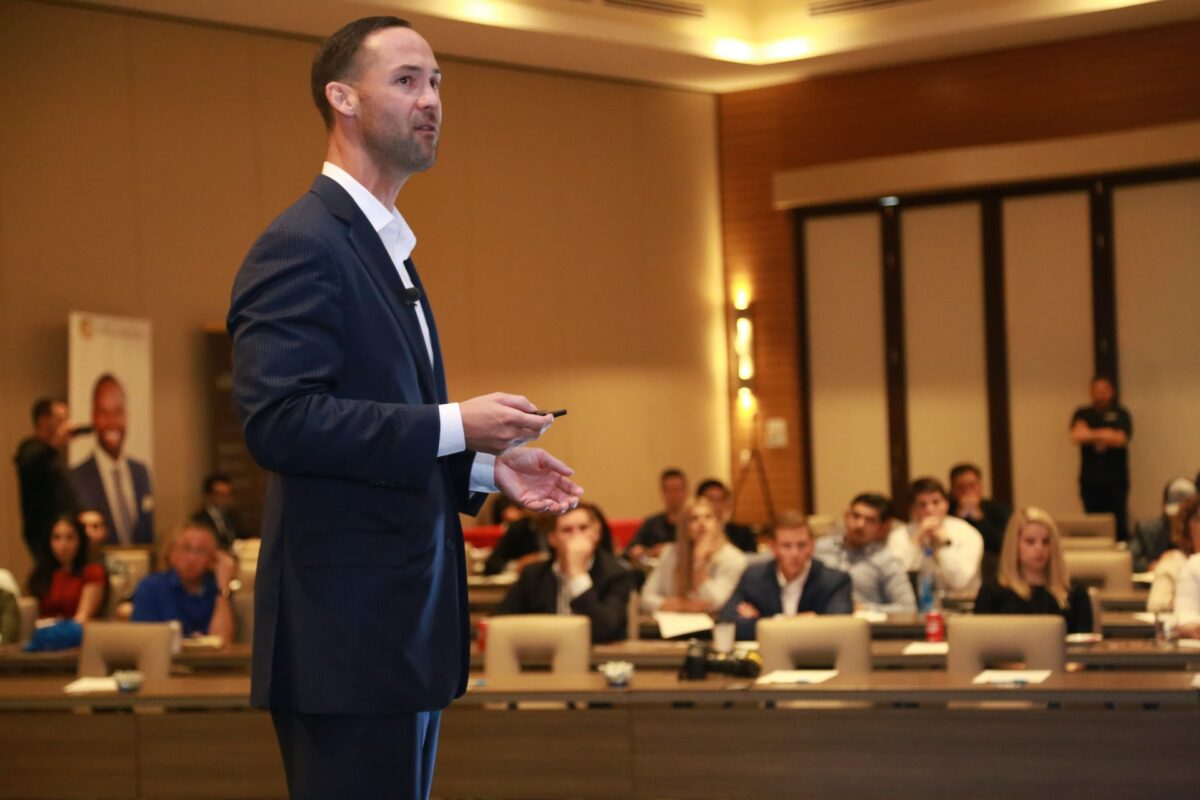What is it, exactly, that brand marketers want to do? Maybe this question only makes sense to marketing researchers like me because to many researchers it seems that, increasingly, marketers want us to do their jobs. I’m not being critical. I’m just wondering what the role of brand marketers will become if, or more likely when, researchers step up to the biggest strategic roles that marketers fill today.
For decades, but especially lately, marketing researchers have been criticized for not being trusted strategic advisors. A surfeit of technical mastery but a dearth of insight. A project orientation instead of a relationship orientation. Too much reporting; too little storytelling.
This criticism has been taken to heart. The shared view within the research profession is that the future of marketing research must be built on two new competencies – consulting and synthesis.
Simon Chadwick and Ian Lewis, partners at Cambiar and ex-senior researchers, have included among the consulting skills that researchers will need to master such things as value creation, stakeholder alignment, opportunity identification, creating intellectual property and communicating for impact. That certainly sounds like things marketers do.
Similarly, Stan Sthanunathan, head of global insights at Unilever and formerly at Coke, has said that the role of researchers must be to “provide provocation and inspiration that drive transformation and actions that generate growth,” which means “dreaming about the future and taking our customers there.” In other words, inspiration for brand leadership, and that, too, sounds like marketing.
Brands operate in a new era of data abundance, much of which is available through observation rather than asking, and more and more of which is accessible to brand marketers on demand. What marketers need from researchers is not more data but more help making sense of the torrent at hand. It’s more about data mining than data collection, and that means synthesizing complexity into a few core insights.
Marketing researchers are measuring up to this challenge. But while new to research, this challenge is not new. Ted Levitt, the late Harvard marketing guru, put it in different words but argued the same idea when he articulated the proposition that people don’t buy products; they buy solutions to problems. In the 1960 “Marketing Myopia” piece in the Harvard Business Review that put him on the map, Levitt pointed out that companies go off-track when they focus on selling products instead of meeting customers’ needs. Levitt saw this as a problem that carries over into what marketers ask of marketing research. He wrote:
“To the extent the consumer is studied at ail (which is not much), the focus is forever on getting information that is designed to help…improve what they are now doing. They try to discover more convincing advertising themes, more effective sales promotional drives, what the market shares of the various companies are, what people like or dislike about…dealers…and so forth. Nobody seems as interested in probing deeply into the basic human needs that the industry might be trying to satisfy as in probing into the basic properties of the raw material that the companies work with in trying to deliver customer satisfactions. Basic questions about customers and markets seldom get asked. The latter occupy a stepchild status.”
What’s critical for a better marketing focus, Levitt wrote in a later piece, is better research:
“To decide correctly what’s to be done and how to do it requires having good data about customers, competitors and markets. Even more, it requires the imaginative conversion of these data into meaningful and usable information. The best way to know your prospects is in a way that is more fundamental and compelling than what’s usually yielded by the purely metrical methods so common in market research today. The difference between data and information is that while data are crudely aggregated collections of raw facts, information represents the selective organization and imaginative interpretation of those facts.”
What Levitt said of research then is exactly what is being said today about consulting and synthesis, with one key difference.
Levitt was telling marketers and business strategists what they must do and how to oversee the internal systems, research in particular, that provide them with what they need to lead. Today, instead, these imperatives are being put to marketing researchers as the necessary ingredients of the new leadership role they must play within their companies. In short, what used to be the job of marketers – Levitt’s imaginative conversion of data into information – is now said to be the job of marketing researchers.
This conflation of roles and skills goes in both directions. Not only must researchers think more like marketers but marketers must think more like researchers as well. The abundance of data is making marketing more data-intensive, for which a high level of data savvy is required. No longer are researchers the only ones who must know how to navigate metrics and analytics.
In their respective aptitudes, marketers and marketing researchers have become one in the same. However, a crucial difference remains. While competencies are blurring, responsibilities are not. Brand marketers remain responsible for the integrity of the brand. Marketing researchers remain responsible for the integrity of the data. It is crucial not to overlook this difference.
Researchers must improve how they represent what they know and how they apply it, but they must never let that distract them from the fundamental requirement that the data they rely on is correct. Indeed, this is the single biggest risk of the transition researchers are making. There is so much emphasis on consulting and synthesis that the very real problems of unprojectable data and over-interpretation of chance findings lurking beneath the surface of things like Big Data, social listening and online communities are being overlooked.
Without question, researchers must become more brand-savvy, but not to the detriment of data integrity. There is no other safeguard of data than researchers, so this responsibility remains central to marketing research. Otherwise, marketing researchers will be synthesizing and consulting with data sure to send brands down more blind alleys than ever.
Nearly all of the discussion about the future of marketing research either sweeps data integrity under the rug or ignores it in the mistaken belief that more data or observational data or sensor data or whatever automatically means quality data. With data more important than ever, the importance of data quality has never been greater. Marketing researchers must add brand competencies to their portfolio, but these must never crowd out data competencies.
No less so, marketers are on the hook for the integrity of brands. Researchers must step up their contributions in ways that can make a bigger difference, but ultimate brand responsibility lies with marketers.
This is the answer for what brand marketers must do. Levitt had it right. The future for marketers is not to yield their place to researchers but to ensure the integrity of brands by building and managing a sharper, nimbler organization in which all elements, especially research, are ever more brand-focused while remaining data-true.
The Blake Project Can Help: Brand Equity Measurement System
Branding Strategy Insider is a service of The Blake Project: A strategic brand consultancy specializing in Brand Research, Brand Strategy, Brand Growth and Brand Education





2 comments
Sandra Pickering
January 28, 2014 at 3:43 pm
You make some very important points, Walker and I will share your post in my network.
Your point on data integrity is supported in this post from my colleague Stephanie Creff who has considerable experience a senior level in demanding contexts for insights professionals http://t.co/Ilmh7gsEkW
She also argues that Insights/Research professionals need to stretch their competencies and roles.
It would be good to get your thoughts on those points too.
Serge
February 11, 2014 at 5:15 pm
Yeah, good point in conclusion! Though this really can be sort of hard to achieve the integrity of brands of THAT quality and level.
Anyway, it was educating to read! Thanks!
Comments are closed.